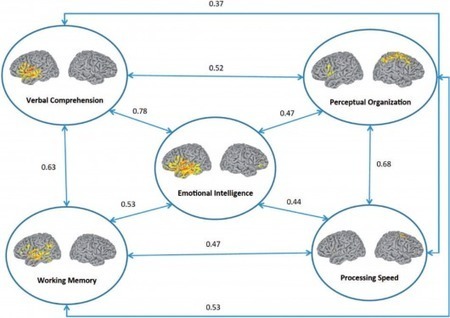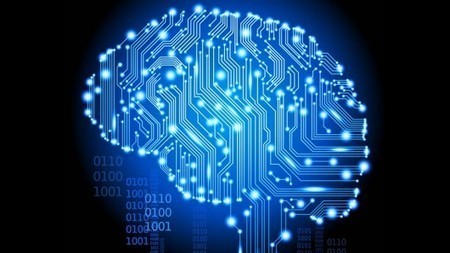The human brain, arguably the most complex object in the known universe, is a truly remarkable power-saver: it can simultaneously gather thousands of sensory inputs, interpret them in real time as a whole and react appropriately, abstracting, learning, planning and inventing, all on a strict power budget of about 20 W. A computer of comparable complexity that uses current technology, according to IBM's own estimates, would drain about 100 MW of power.
Clearly, such power consumption would be highly impractical. The problem, then, begs for an entirely new approach. IBM's answer is cognitive computing, a newly coined discipline that combines the latest discoveries in the field of neuroscience, nanotechnology and supercomputing.
Neuroscience has taught us that the brain consumes little power mainly because it is "event-driven." In simple terms this means that individual neurons, synapses and axons only consume power as they are activated – e.g. by an external sensory input or other neurons – and consume no power otherwise. This is however not the case with today's computers, which, in comparison, are huge power wasters.



 Your new post is loading...
Your new post is loading...









